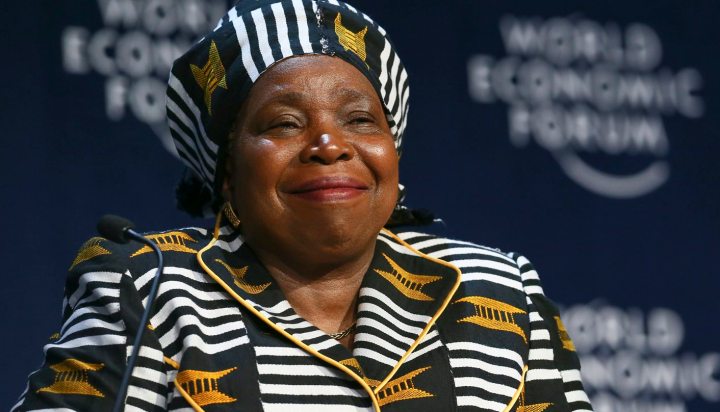Africa
Letter to the Editor: Office of the African Union Commission chair

In an article recently published by Daily Maverick, Solomon Dersso asserts that my analysis on the need to place more focus on reinforcing the powers of the Chair of the African Union Commission as opposed to the identity of the office-holder is “simplistic and comes from a position of ignorance”. Such conclusion is nothing more than an attempt to cheapen any opposing view. By BABATUNDE FAGBAYIBO.
To make a sweeping statement like this without providing a well reasoned and convincing counterargument does not only diminish the power of his assertion but, most important, attempts to foreclose the need to engage in a nuanced discussion on the imperative of enhancing the institutional structure of the AU. I sincerely hope that Dersso does not in any way view his position on the AU as ex cathedra, the standard for validating all other opinions.
Far from making a reductionist assessment, my point of view in the op-ed, which stems from an academic journal article published in 2012, attempts to gauge what is written on paper against the reality on the ground. The question for me is not so much what is brilliantly put in policy documents and protocols, as the extent to which these issues translate to the exercise of real powers and relevance.
Dersso completely missed the overall context of the piece (including the hyperlink that leads to the journal article, and solutions provided in the concluding paragraph) by merely focusing on the title, thereby making a faulty deduction. As a legal scholar with the knowledge of the principles and processes of the AU, one would have expected Dersso to go beyond a restatement of the supposed powers of the AUC chair by providing concrete evidence of the exercise of real, binding powers by any AUC chair or the commission. He could even have gone further to mention, and even critique, the solutions outlined in the piece.
Dersso goes on about “the standing and dynamism of the [AUC Chair] person shapes not only the agenda but also the course of the decision of AU policy bodies including the AU Assembly” without providing any proof. He could easily have provided just one example of how Madame Zuma has been able to use her “standing and dynamism” to change the status quo of power matrix in the AU. He conveniently (I presume) fails to mention the overbearing, and often retrogressive, role of the AU Assembly in frustrating any meaningful implementation of the policies of the AU Commission.
Even with the best of intention coupled with the possession of impeccable track record, the AUC chair is essentially beholding to the whims of the Assembly. How will a superbly intelligent AUC chair “mobilise member states in pursuit of AU’s agenda” when he or she has little or no powers to crack the whip? The relevance of the position will mainly derive from matching the ability to craft beautiful policy positions with the powers of implementation. Dersso again sidestepped this important point.
The fact that the AU Commission needs quality leadership is beyond contestation. Had Dersso made the effort to understand the broader context of my analysis, he would have realised that I am in no way advocating for a leadership vacuum at the commission. My argument is that an obsession with who becomes the next AUC chair without engaging in the important discourse of empowering the office, and matching it with the supranational aspirations of the organisation, is to paint a defective picture of reality.
To stress the importance of reinforcing the commission and the office of its chair is not “simplistic or ignorant”; it is about broadening the discussion and, therefore, exploring creative avenues for remedying the problem. In the words of the late Palestinian intellectual, Edward Said, the role of the scholar is never to place solidarity before criticism. A critical reflection is the necessary departure point in truly understanding the problems of the AU and thereby proffering the necessary solutions. DM
Babatunde Fagbayibo is an associate professor of law at the University of South Africa.
Photo: Nkosazana Dlamini-Zuma, Chairwoman, African Union Commission, attends the opening plenary session titled ‘Building with BRICS’ at the World Economic Forum on Africa 2013 in the Cape Town International Convention Centre, South Africa 09 May 2013. EPA/NIC BOTHMA


















 Become an Insider
Become an Insider